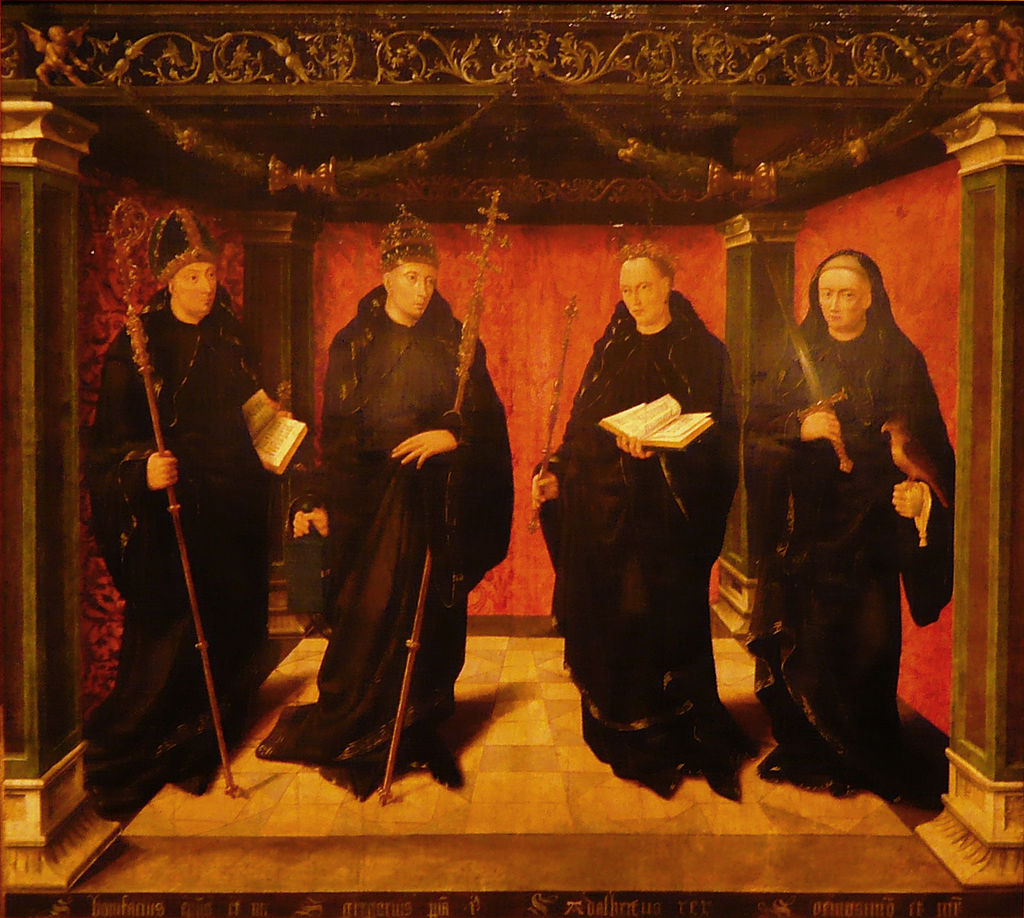A researcher at Durham University has uncovered some unusual goings-on connected with the escapades of exiled Benedictine monks.
Dr James Kelly has discovered that English and Welsh Benedictine monks – exiled to the Continent during the Reformation due to their Catholic beliefs – didn’t live the quiet life that one might have expected.
Benedictine monks ended up fighting duels, getting involved in wars, being infiltrated by spies, and being expelled from their order for improper conduct. They also engaged with some cutting-edge ideas during the turbulent and violent early modern period.
While doing research for Durham University’s Monks in Motion project, Dr Kelly found that Benedictine monks fought in the English Civil War (1642-51) and the French Revolution (1789-99).
Dr Kelly also discovered that illegal Benedictine books found their way into the personal library of Catherine Braganza, the wife of King Charles II, and unearthed evidence that English spies infiltrated Benedictine communities abroad.
One monk, Maurus William Davis, was imprisoned in 1642 for refusing to follow the Benedictine Order’s teaching of abstinence. Davis later returned to the order, but is thought to have died in a duel in England in 1663 whilst undercover as a Catholic missionary.
Another man, Anselm John Mannock, accidently killed his brother by dropping a cannonball on him. Overcome by guilt, Mannock became a Benedictine monk and devoted his life to religion.
In 1752, Mannock wrote The poor man’s catechism: or, the Christian doctrine explained, a book that examined Catholicism in the light of the ground-breaking Enlightenment ideas popular in Europe at the time.
Exiled Benedictine monks also created popular recipes for an alcoholic punch and a similar drink known as ‘shrub’.
Dr Kelly, who leads the Monks in Motion project, conducted his research using a range of sources such as letters, books and monastic records, enabling him to build up a colourful picture of Benedictine life between 1553 and 1800.
Dr Kelly said, “The records provide a fascinating view into the lives of these monks who, far from living quietly in exile, were very much part of contemporary life.”
“The records also show that these were men of the world, who joined the order for a number of reasons and were not afraid to rebel against the expected norms of society.”
“Here was a group of men who were committed to an illegal way of life and exerted religious, cultural and political influence even from the Continent.”
Dr Kelly’s findings have been compiled in a database, entitled Benedictines, which is open to all scholars and members of the public.
Dr Kelly said, “The database will enable others to delve into the history of the Benedictines, including their social, regional and ethnic backgrounds, and explore how they contributed to the transfer of ideas between the Continent and England.”
(Featured image courtesy of Wikipedia Commons)


























